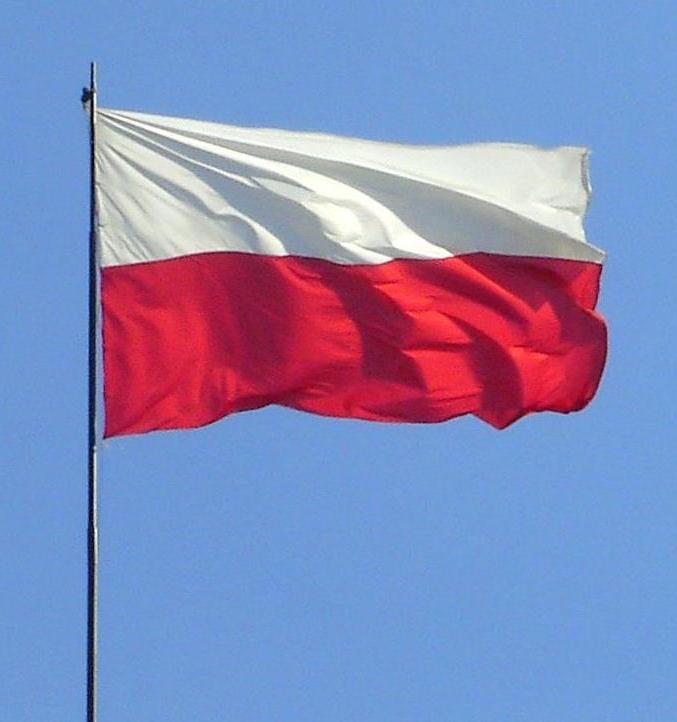Last week, Poland’s lower house of parliament passed a bill making it illegal to discuss Polish complicity in the Holocaust. President Andrzej Duda has implied that he will sign the bill into law, saying that, “there was no participation by Poland or the Polish people as a nation in the Holocaust.” However, historians are largely in agreement that some Poles participated in the Holocaust, although whether this constitutes widespread Polish complicity is debated. This debate, which has flourished in the post-Communist era in Poland, may now be rendered essentially illegal, punishable by up to three years in prison. In the years immediately following the war, talk of Polish complicity was silenced by the government, but the stories were carried on by survivors and rescuers. In 2000, historian Jan Gross published his book Neighbors, which tells the story of 340 Jews locked in a barn by their Polish neighbors. The barn was then set on fire. Neighbors forced Poland to begin reckoning with its past, and more books have followed, accounts of betrayal, but also of bravery and rescue on the part of non-Jewish Poles.
Despite this growing conversation, or perhaps because of it, the Polish government has increasingly sought to control the topic over the past decade. In 2006, during the first government of the Law and Justice party, now again in power, an attempt was made to criminalize the denial of Polish innocence of Nazi and Communist crimes. This law was ruled unconstitutional several years ago. In the context of this and other moves by the government, antisemitism and xenophobia have been on the rise. Reported hate crimes in Poland increased by 40% between 2015 and 2017. There has been a further rise of antisemitism in Poland in the aftermath of the passage of this bill. Minority leaders have called on the president to “counteract all forms of xenophobia, intolerance and anti-Semitism.” The new bill is staunchly opposed by the EU, Israel, and the US.

